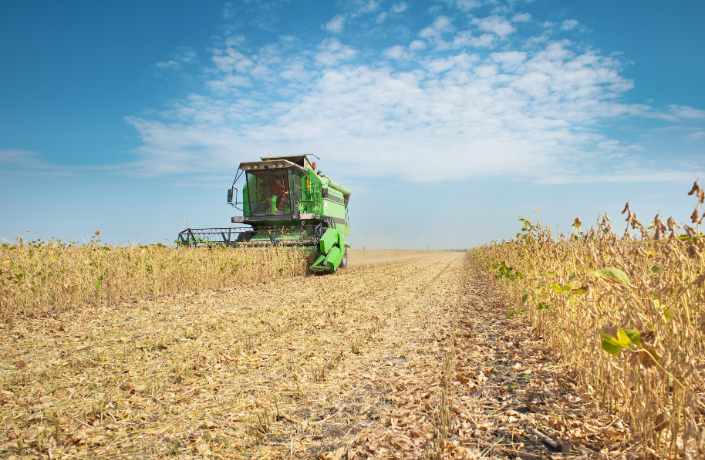The agricultural sector, a cornerstone of global economies, is characterized by its cyclical and dynamic nature. As the seasons change, so do the tasks and challenges faced by farmers and agricultural enterprises. Efficient fuel storage and distribution, among other needs, become paramount to ensure seamless operations. This blog post delves deep into the significance of seasonal equipment rentals in agriculture, highlighting their advantages and the types of equipment that can make a tangible difference.
Understanding the Agricultural Cycle
Before diving into the specifics of equipment rentals, it’s essential to understand the agricultural cycle. Agriculture is not a monolithic activity. It varies based on geography, crop type, and local practices, but some general phases include:
- Preparation: This phase involves preparing the land for planting. It may include activities like plowing, harrowing, and fertilizing.
- Planting: Seeds or young plants are sown into the ground.
- Growth: This is a maintenance phase where crops grow, and farmers must ensure they receive adequate water, sunlight, and protection from pests.
- Harvesting: Mature crops are collected.
- Post-Harvest: Activities in this phase include processing, storage, and distribution.
Each phase has its unique equipment needs, and the ability to rent these tools seasonally can be a game-changer.
The Compelling Case for Seasonal Rentals
- Financial Prudence: Owning equipment comes with costs like maintenance, storage, and depreciation. Renting eliminates these long-term financial commitments, allowing farmers to allocate resources more effectively.
- Access to Latest Technology: Rental companies often update their inventory with the latest equipment. This means farmers can access state-of-the-art tools without the hefty investment of purchasing them.
- Reducing Logistical Hassles: Storing large equipment during off-seasons can be a logistical challenge. Renting alleviates this problem as the responsibility shifts to the rental company.
- Customization: Different crops and terrains might require specialized equipment. Renting offers the flexibility to customize equipment choices based on specific needs.
Spotlight on Essential Seasonal Equipment
- Steel Tanks: These are foundational for fuel storage. With varying capacities, they cater to different farm sizes and ensure that machinery is always operational.
- Stainless Steel IBC Totes: Especially useful for larger agricultural setups, these totes offer a secure fuel storage option, ensuring that there’s always a fuel reserve.
- Containment Pans: Environmental safety is paramount. Containment pans ensure that any accidental spills are effectively managed, safeguarding the surrounding environment.
- Filtration Equipment: Fuel quality directly impacts machinery’s efficiency. Filtration solutions are crucial to maintaining this quality, ensuring equipment runs smoothly and lasts longer.
- Poly Tote Tanks: Their portability makes them ideal for remote fields. They are designed for easy fuel storage and can be quickly moved to where they are needed most.
- Pumps & Accessories: These tools, including pumps, reels, and nozzles, are the backbone of fuel handling. They ensure that fuel is transferred safely and efficiently.
- Mobile Fuel Trailers: These are a boon for expansive farms or remote areas. They ensure that fuel supply is never a challenge, regardless of the location.
The Broader Benefits
- Sustainability: In an era where sustainability is not just a buzzword but a necessity, renting equipment contributes to a lower carbon footprint. It reduces the need for mass equipment manufacturing, leading to fewer emissions and a more sustainable agricultural sector.
- Expertise on Demand: Established rental companies often provide expert consultations, ensuring farmers make informed decisions about the equipment they rent. This expertise can be invaluable, especially for those new to farming.
- Risk Mitigation: Renting equipment often comes with insurance coverage, reducing the financial risk of damages or malfunctions.
The agricultural sector, with its myriad challenges and ever-evolving landscape, requires solutions that are flexible, cost-effective, and efficient. Seasonal equipment rentals tick all of these boxes, offering a pragmatic approach to farming. As sustainable practices continue to grow in their importance, such solutions will become critical. Embracing seasonal rentals can lead to not just financial savings but also a more resilient and sustainable agricultural practice.
For more information on equipment rentals for your agricultural operation, contact one of our experts.
